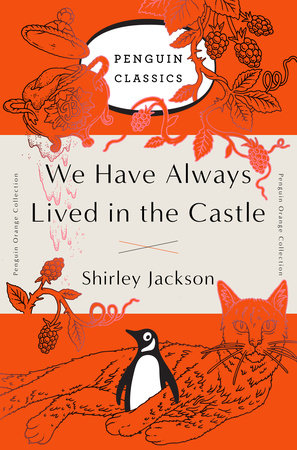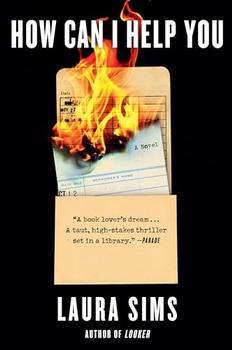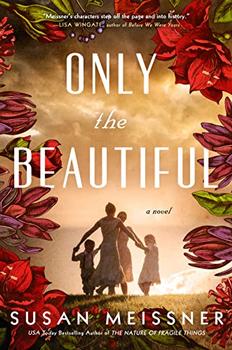 The power of a book is unquantifiable, depending on who reads it. When the character Margo Finch in Laura Sims's How Can I Help You catches her new colleague, Patricia Delmarco, fondly touching a particular title on the shelf at the Carlyle Public Library, it pulls her deep into a world where fantasy and reality often overlap.
The power of a book is unquantifiable, depending on who reads it. When the character Margo Finch in Laura Sims's How Can I Help You catches her new colleague, Patricia Delmarco, fondly touching a particular title on the shelf at the Carlyle Public Library, it pulls her deep into a world where fantasy and reality often overlap.
Fans of beloved author Shirley Jackson will be delighted to see the appearance of We Have Always Lived in the Castle in the pages of this frenetic literary thriller. Jackson (1916-1965) was an American novelist and short story writer known as a master of gothic horror and psychological suspense. Her most famous novel, The Haunting of Hill House (1959), has been adapted into movies and a television series, but it was her surreal and disturbing short story "The Lottery" (1948) that garnered her the most critical acclaim. Relying often on supernatural themes, she was known for "tackling provocative, chilling subject matter that was culturally incisive and ...

 Book Reviewed by:
Book Reviewed by:








